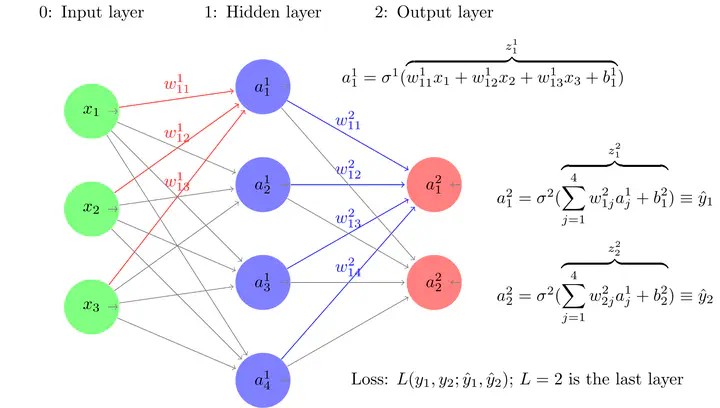Determinants and Predictions of Risks of Diseases in Mid Ages: Logistic Regression Models versus Deep Neural Network Models

Abstract
Prediction of risks of various diseases and identification of factors that influence these risks are important for public policies and disease diagnosis in healthcare. The biomedical literature suggests that much of an individual’s later life health outcomes is programmed at early stages of life. The programming is strongly modulated by epigenetic inputs throughout life such as psychological, financial, social or chemical stress, diets, smoking, substance use, and exercising, with stronger effects imparted in early stages of life. Traditionally predicting effects of these factors on risks of diseases is statistically examined using the logistic regression framework. Deep neural network models have shown superior predictive performances in other fields and can be used in the present context. This paper compares the effectiveness of these two approaches in quantitatively predicting these risks as a function of the observable variables and in identifying the influential variables that strongly affect the risks with the Health and Retirement Studies (HRS) data. I compare its predictive performance with performances of statistical procedures using confusion matrix and other indicators and then compare their predictions of policy outcomes